SPRING 2016 COURSES: Professor Jennifer James’s Introduction to Black American Literature

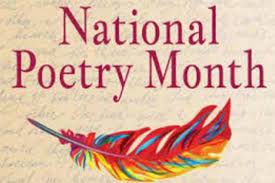
April welcomes spring’s first flowers and the sustained bloom of National Poetry Month. It’s no coincidence that seeing with a brighter light—and feeling with a warmer disposition—redirects our attention to poems, wherein language becomes stranger, freer, and more like music. In the coming days, the students of Professor Jennifer Chang’s ENGL 2470 (Poetry Writing) course…
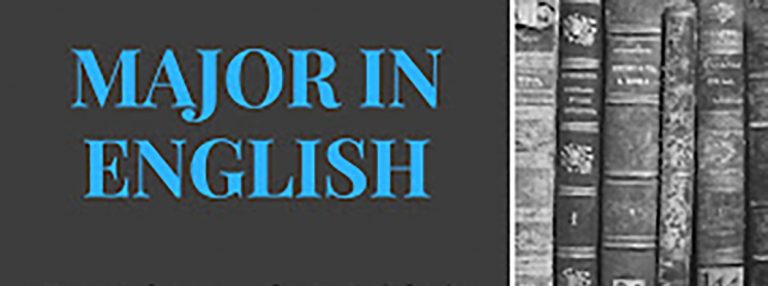
This announcement went out via the Thurston Hall listerv, but anyone who is interested in declaring an English major or minor at GW is very welcome to attend! If you’re even considering a major/minor in English or Creative Writing, come out to the English department’s upcoming info session in Thurston! This program, formally titled “Why And How…
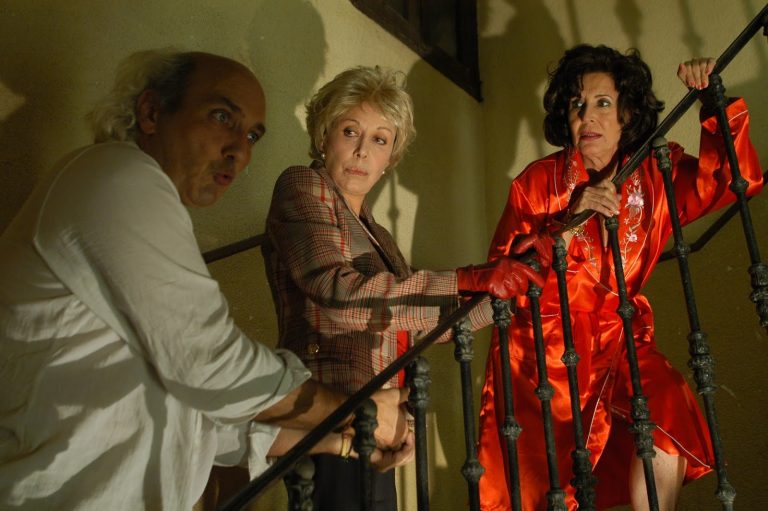
Still from Chuecatown (2007), dir. Juan Flahn For the past ten years, GW English has offered a unique interdisciplinary in lgbtq studies and film studies; on Saturday, December 8, students from the class will come together to present their work-in-progress. Students from Professor Robert McRuer’s “Transnational Queer Film Studies and LGBTQ cultures” (English 3980) will…

This seminar explores how the nonhuman world is depicted in literature and film, and the value of sustained attentiveness to environments with these works and within the larger world. Share on FacebookTweet
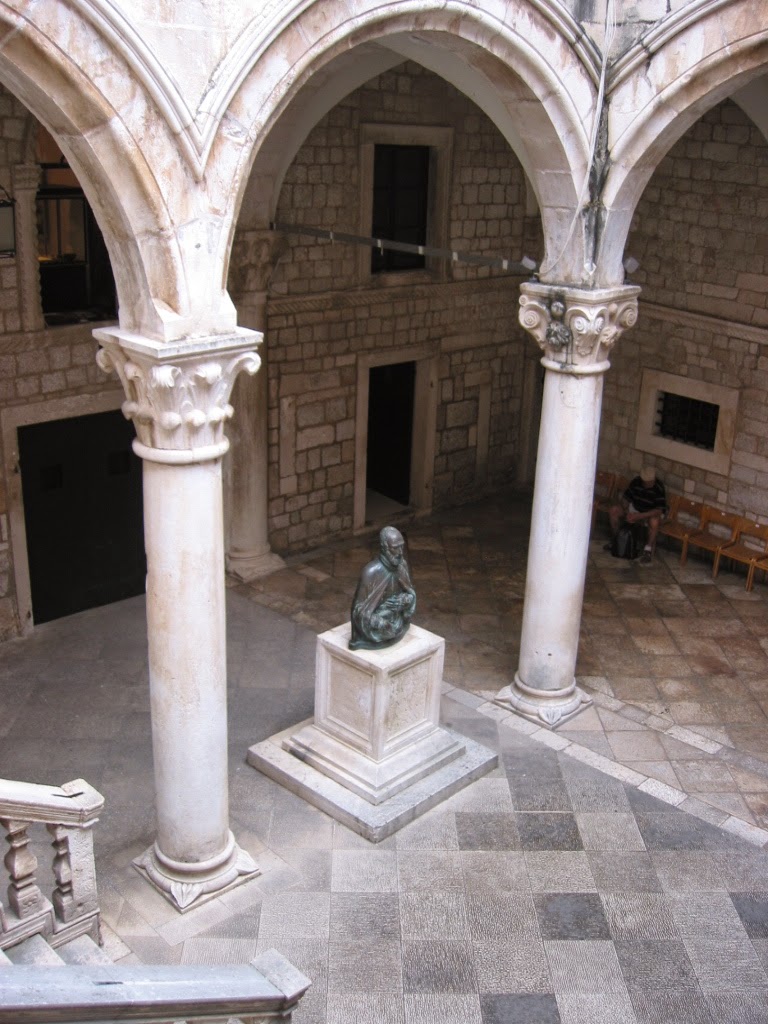
Join us for an information session on this exciting GW English Summer Study Abroad course! Read more about the course here. Summer Study Abroad: Shakespeare in the Mediterranean, May 18-June 4. Professors: Suzanne Miller, History; Katherine Keller, English Application Deadline: March 2, 2015 Information Session: Tuesday, February 17, 5:30-6:30pm, Marvin Center 506 Share on FacebookTweet
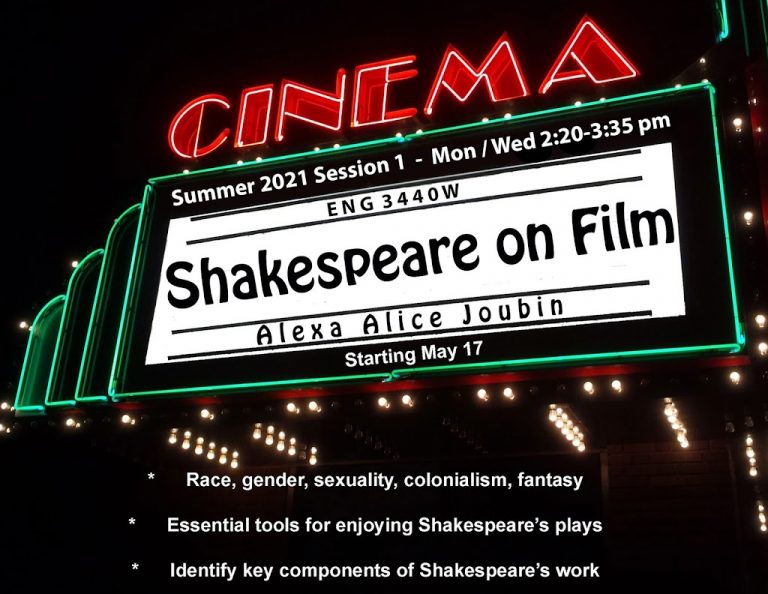
Take a course this summer, learn to analyze films, and fulfill the Writing-in-the-Disciplines (WID) requirements! Professor Alexa Alice Joubin is offering ENGLISH 3440W Shakespeare on Film in the first summer session (May 17 – June 23, 2021). See the course catalogue. SPECIAL FEATURES Films by people of color, women, and disability / LGTBTQ-identified actors Relevance…